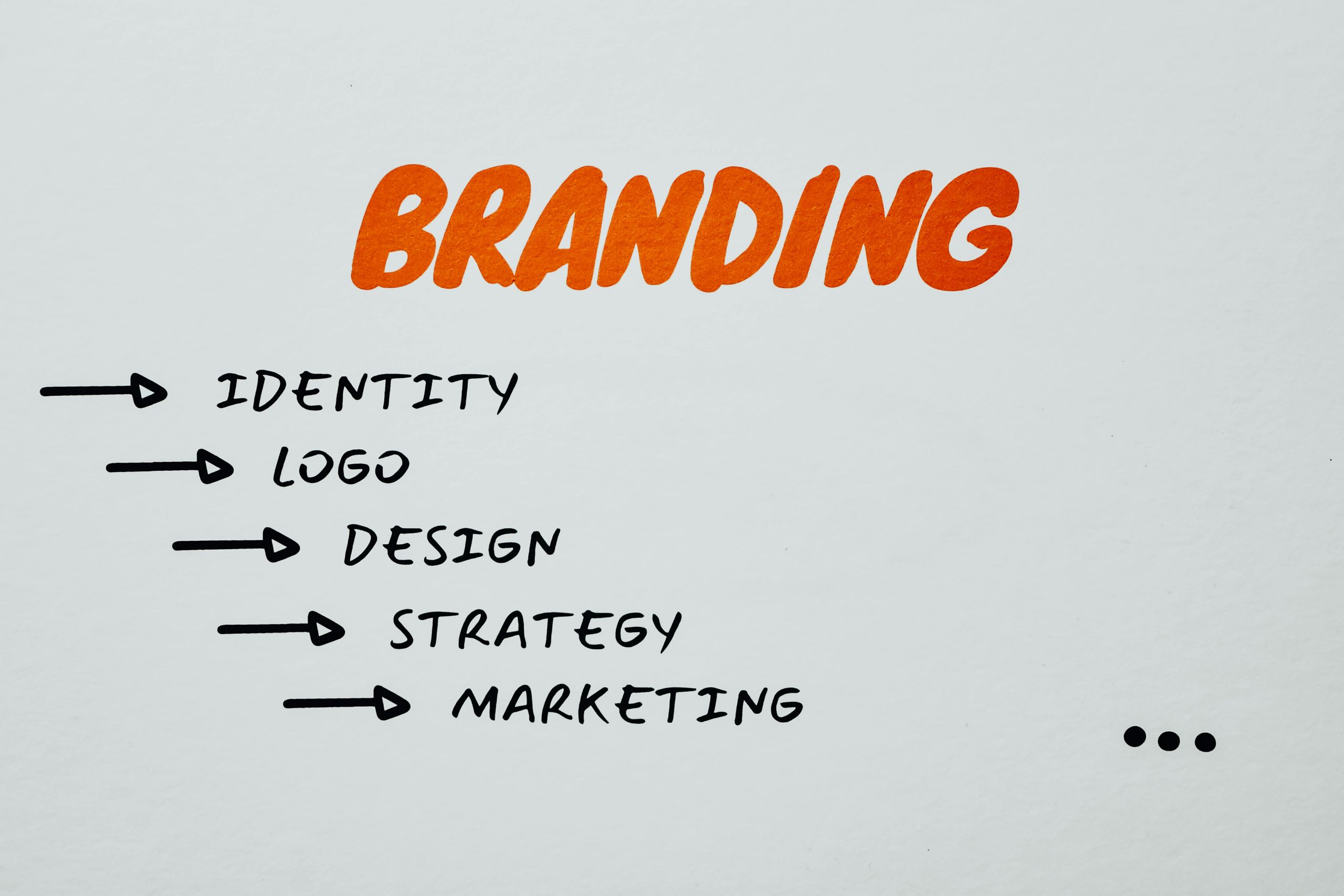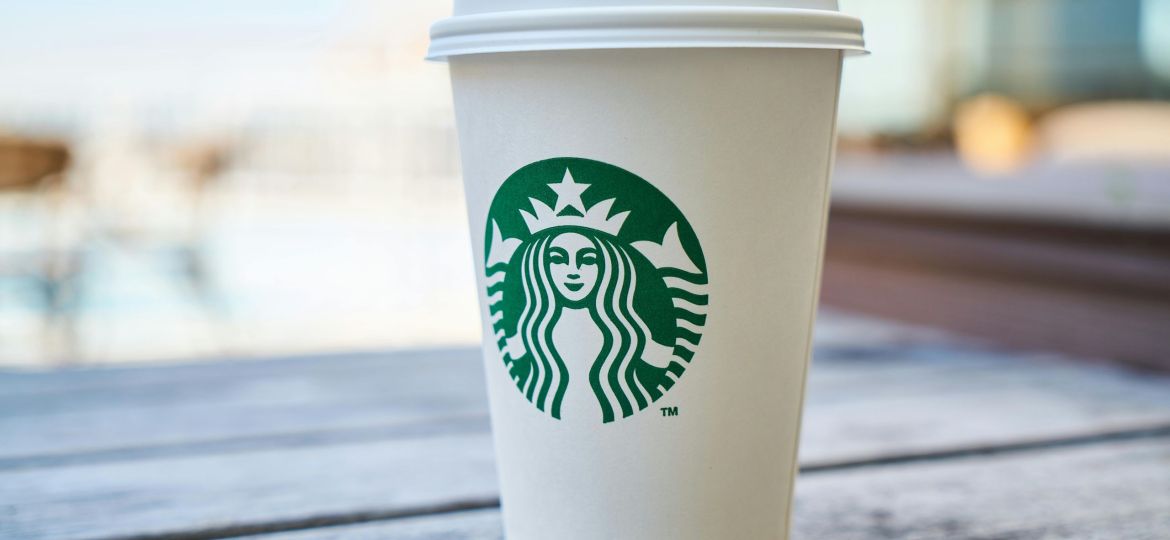Event Marketing: Why Brand Storytelling Is Essential in 2025
In 2025, event marketing has evolved beyond logistics and banners—it’s now all about connection and emotion. One of the most powerful ways to create such engagement is brand storytelling. As brands compete for attention in increasingly saturated markets, those who master the art of storytelling will captivate their audiences and drive meaningful ROI. Whether you’re in brand activations, corporate event planning, or digital marketing, storytelling will be the cornerstone of your success.
What is Brand Storytelling in Event Marketing?
Brand storytelling is the practice of using a cohesive narrative to communicate your brand’s values, purpose, and personality. When applied to event marketing, storytelling transforms static presentations into immersive experiences that resonate. It helps humanize the business, build trust, and foster emotional connections with attendees.
Key Benefits of Brand Storytelling in 2025
- Stronger emotional connections: People remember compelling stories, not data points.
- Consistent brand identity: Storytelling ensures that branding across physical and digital events is aligned.
- Increased event engagement: Narratives give audiences a deeper reason to participate.
- Shareable content: Attendees share stories, not ads—a vital boost for your event’s social media reach.
How Storytelling Transforms Event Marketing
Modern event marketing goes beyond trends—it must create immersive experiences. In 2025, successful events don’t just inform or entertain; they engage. Here’s how storytelling elevates different components of your strategy:
1. Pre-Event Buzz
Cultivate anticipation through teaser stories. Use emails, videos, and social media narratives introducing your event’s theme or characters (if gamified or symbolic). This draws people into the experience even before it begins.
2. On-Site Experience
Stories aren’t just told—they’re lived. Every banner, activity station, and speaker should reinforce the overarching brand narrative. Craft scenic installations or interactive tech setups that tell your story visually and emotionally.
3. Post-Event Connection
After the event, recap the story and its highlights to remind attendees of their role within it. Use storytelling in thank-you emails, content recaps, and community forums to maintain brand connection long-term.
Using Event Marketing to Support Brand Values
Today’s consumers want to connect with brands that stand for something. Events offer a perfect stage to show what your company values. Through storytelling, you can highlight your commitment to sustainability, diversity, innovation, or community through:
- Keynote speeches about brand history and mission
- Story-driven panel sessions on industry change
- Experience zones themed around values
When done right, event marketing becomes an extension of your brand ethos, echoing what you stand for at every level.
Case Study: Brand Activations that Tell a Story
Global beauty brand Glossier is a prime example. Their 2023 New York City pop-up wasn’t just a showroom—it was a storybook. Each room represented a chapter of the brand journey, enabling consumers to experience the Glossier story through scent, sight, and sound. This level of immersive storytelling created viral buzz and thousands of online shares.
Storytelling in Corporate Event Planning
Corporate event planning benefits immensely from storytelling—particularly when conveying company culture, onboarding new employees, or partnering with clients. A well-framed narrative can turn trainings into journeys, meetings into missions, and summits into adventures.
Tips for Incorporating Storytelling into Corporate Events:
- Start with a theme—What’s the central message of your event?
- Use storytellers—Choose speakers that align with and amplify your theme.
- Visual storytelling—Use multimedia, interactive elements, and branded environments to show rather than tell.
- Gamify the experience—Create missions, challenges, or rewards tied to the story.
SEO and Digital Integration for Story Amplification
Effective event marketing in 2025 demands digital integration. Livestreams, social hashtags, and behind-the-scenes stories should be part of your narrative strategy. It’s not just the attendees in the room—it’s the thousands engaging online that need to feel part of the narrative.
Examples of Digital Storytelling Tactics:
- Pre-event TikToks introducing your theme and hosts
- Interactive Instagram stories letting followers vote on session topics
- Live polls and interactive booths that contribute to a collective story arc
- Real-time blog/article feed post-event summarizing key moments
Also, partnering with influencers and media outlets can amplify your story, ensuring it reaches beyond the event walls.
The Future of Event Marketing and Storytelling
As technology evolves—with AR, VR, and AI enhancing our ability to engage—so will storytelling. Think holographic tours of your brand story or AI-generated narratives customized for each visitor. These innovations will take event marketing to unprecedented levels of personalization and impact, making storytelling more essential than ever.
Key Steps to Build a Storytelling-Driven Event Strategy
Implementing storytelling into your next event? Use these essential steps:
- Define the objective: What do you want attendees to feel or do?
- Know your audience: What narrative will emotionally resonate?
- Create a brand persona: Make your brand the protagonist in your story.
- Design the experience map: Plan the attendee journey before, during, and after the event.
- Measure impact: Use analytics to track how effectively your story engaged people.
Best Practices for Event Storytelling Success
Ready to leverage storytelling in your next event? Here are some pro tips:
- Keep it authentic: Audiences can sense insincerity a mile away.
- Engage multiple senses: Think beyond visuals—include sound design, scent diffusion, physical textures.
- Ensure narrative cohesion: From opening keynote to signage, all elements should align.
- Provide shareable narratives: Make your story easy to retell by press, influencers, and guests.
Conclusion: It’s Time to Tell Your Story
In the competitive landscape of 2025, brand storytelling will separate meaningful experiences from forgettable ones. Whether you’re executing a product launch, annual conference, or community activation, stories are your most powerful tool to move hearts and open minds. Invest in storytelling, and your event marketing will inspire, connect, and convert at levels metrics can’t yet capture.
For continued reading on modern event strategies, visit Event Manager Blog.
Also, discover how Soul elevates storytelling in action on our guide to How to Create Unforgettable Brand Activations.




